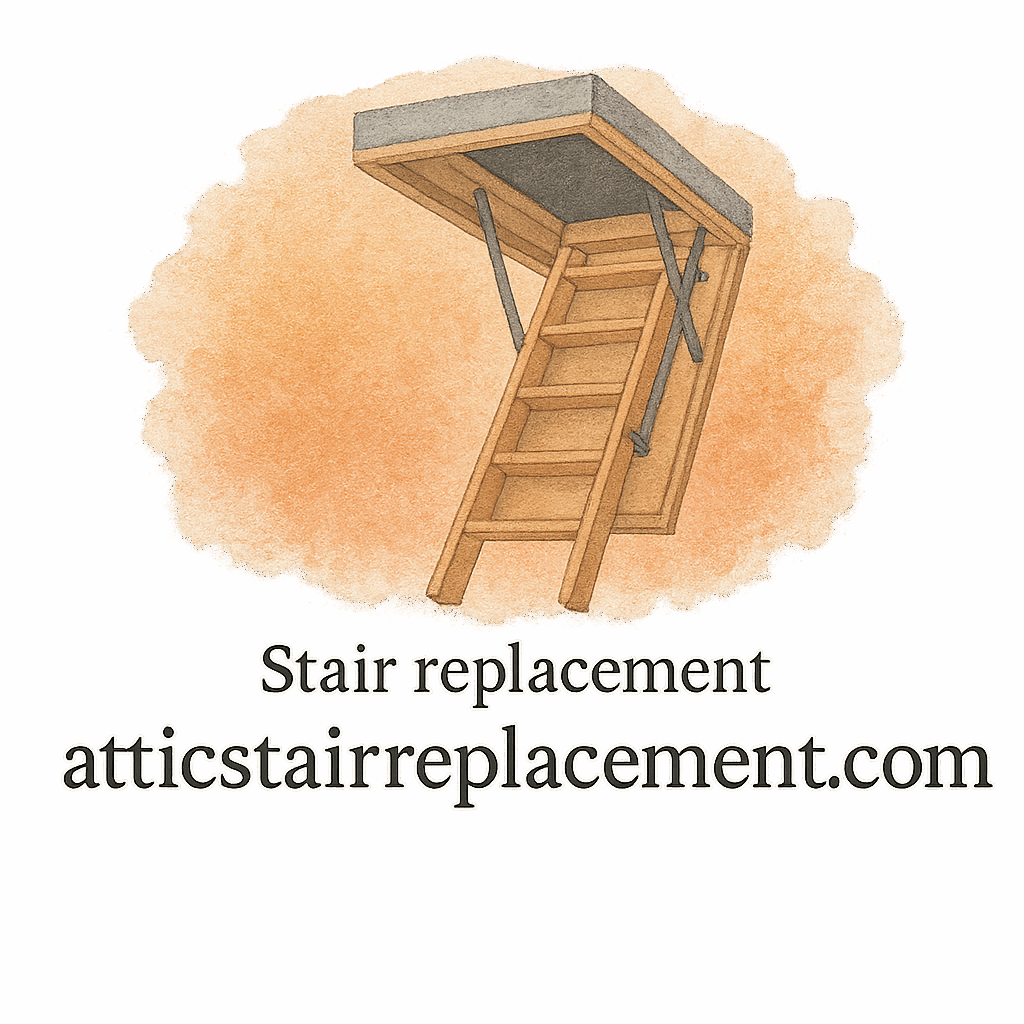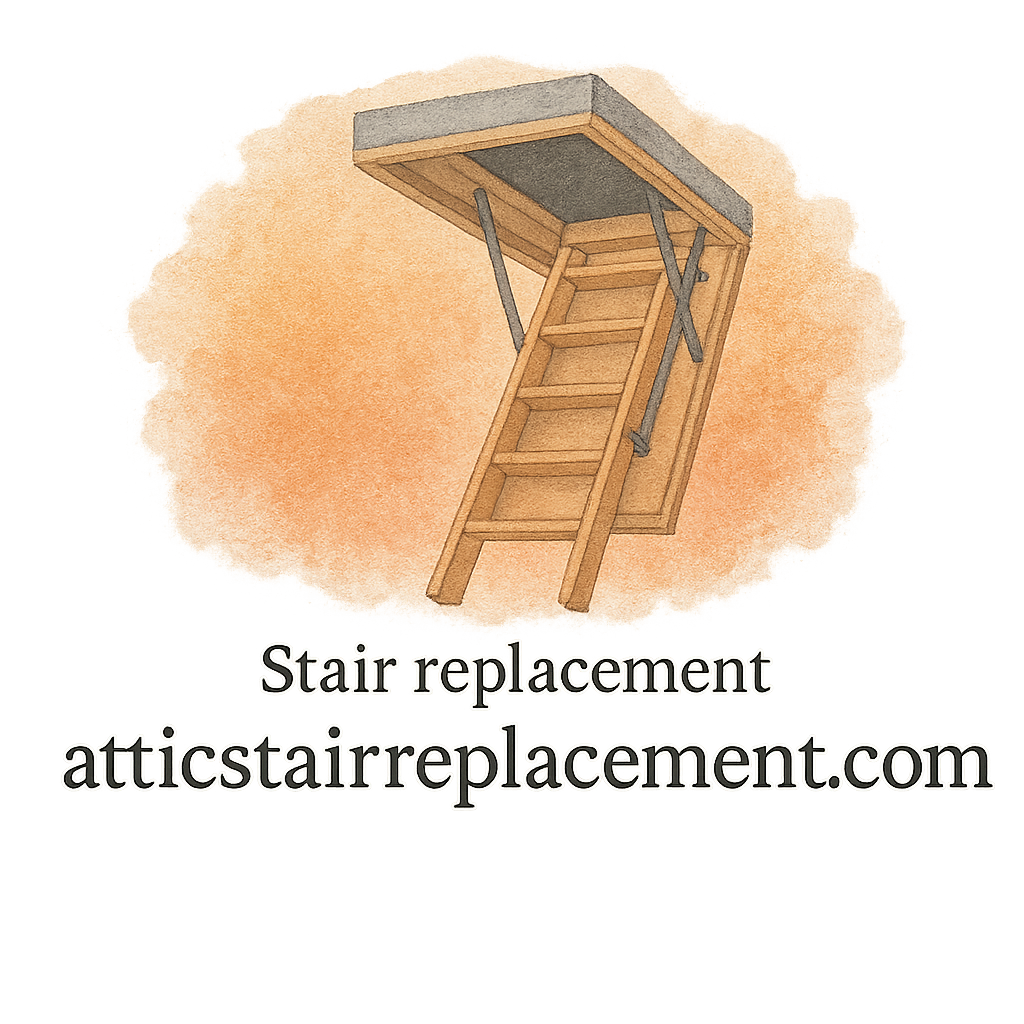Introduction: Why Speed Matters in Attic Stair Replacement
Replacing attic stairs doesn’t need to take all weekend. With the right strategies, you can cut hours off the process while still ensuring job quality. In fact, most homeowners get slowed down not because the project is too hard but because they miss some time-saving tricks. Today, I’ll walk you through 11 expert methods that make attic stair replacement faster, smoother, and stress-free.
Understanding Attic Stair Replacement
Common Reasons for Replacing Attic Stairs
Why bother replacing attic stairs in the first place? For many, it’s about safety—old ladders can become weak, wobbly, or even dangerous. Others upgrade for convenience, aesthetics, or energy efficiency. Whether you’re tackling a home improvement project or solving a maintenance issue, replacing attic stairs is often more about upgrading your lifestyle than just fixing a ladder.
Tools and Materials You’ll Need
Don’t start without the basics. You’ll likely need:
- Power drill and screws
- Circular saw or jigsaw
- Tape measure and level
- Protective gear (gloves, goggles, dust mask)
- Lumber and shims for framing
Expert Trick #1: Plan Before You Begin
Measure Twice, Cut Once
This classic carpenter’s advice saves both time and money. A quick mistake in measurements can mean hours lost fixing errors. Double-check ceiling height, stair length, and the attic opening.
Choose the Right Stair Model
Not all stairs are created equal. Some are lightweight, while others are heavy-duty. If you want faster installation, go with models designed for easy DIY installation.
Expert Trick #2: Clear the Workspace
Remove Obstacles for Easy Access
Before installation, move furniture and clear pathways. A clutter-free environment helps you move materials quickly without tripping hazards.
Protect Floors and Walls
Lay down protective sheets or cardboard. This not only keeps your home clean but also prevents costly scratches that can slow your project.
Expert Trick #3: Use a Pre-Assembled Kit
When DIY Installation Makes Sense
Many manufacturers now sell pre-assembled attic stair kits. These kits save hours compared to building frames from scratch, making them perfect for DIY enthusiasts.
Reducing Hidden Costs
Choosing the right kit helps you avoid hidden costs like additional lumber or specialty hardware.
Expert Trick #4: Recruit a Helper
Why Two Sets of Hands Are Better
Attic stairs are awkward and heavy. Having a helper speeds up lifting, holding, and positioning.
Safety Considerations
A helper also reduces accidents. One person stabilizes while the other fastens—cutting time and improving safety.
Expert Trick #5: Follow Manufacturer Guidelines
Avoiding Common Mistakes
Skipping the manual is a rookie move. Manufacturers design their instructions to prevent mistakes that can cost you time and safety.
Ensuring Long-Term Durability
Proper installation means fewer repairs later. A durable, strong installation saves years of hassle.

Expert Trick #6: Prep the Opening Correctly
Reinforce the Frame
Strengthen the frame with extra support if needed. This avoids last-minute adjustments once the stairs are in place.
Avoid Gaps and Uneven Surfaces
Shims can quickly solve uneven surfaces. Skipping this step means more time wasted later fixing misalignment.
Expert Trick #7: Use the Right Power Tools
Speed Up Cutting and Fastening
A drill driver, circular saw, and impact driver can cut hours off manual labor. Invest in tools that make installation efficient.
Protect Yourself from Accidents
Using sharp, reliable tools reduces slips and cuts—another way to prevent delays.
Expert Trick #8: Secure the Ladder Hinges First
Align Before Tightening
Don’t rush tightening screws. First, align the hinges to ensure smooth operation.
Prevent Wobbling and Shifts
This simple trick avoids rework later when you test the ladder.
Expert Trick #9: Test Before Finishing
Check Weight Capacity
Confirm that the attic stairs can handle your household needs. Some are rated for light use, while others are heavy-duty.
Inspect Smooth Operation
Open and close the stairs multiple times. Catching issues early prevents rework after finishing.
Expert Trick #10: Save Time with Maintenance-Ready Design
Low-Maintenance Options
Choose models built with easy maintenance in mind. Aluminum ladders, for example, resist rust and warping.
Extending the Life of Your Stairs
Focusing on care upfront means fewer future replacements.
Expert Trick #11: Know When to Call a Professional
DIY vs. Contractor Job Quality
Sometimes speed means letting a contractor handle it. Professionals bring tools, experience, and speed to the job.
Getting Expert Advice for Complex Projects
If your attic layout is tricky, don’t guess—get expert advice before diving in.
Extra Tips for Faster Attic Stair Replacement
Budget-Friendly Choices
Look for products within your budget that balance speed, quality, and durability.
Prevent Costly Mistakes
Read a guide or check product reviews before buying. This ensures you get the right model the first time.
Conclusion
Replacing attic stairs doesn’t have to be a drawn-out project. With the 11 expert tricks outlined here—planning, prepping, choosing the right kit, and knowing when to call in help—you can finish faster and smarter. Whether you’re tackling a DIY home project or hiring an expert, speed comes from preparation, the right tools, and avoiding preventable mistakes.
FAQs
1. How long does attic stair replacement usually take?
Most DIY attic stair replacements take 3–5 hours, but following these expert tricks can shorten it significantly.
2. Can I replace attic stairs without a helper?
It’s possible, but not recommended. The stairs are heavy, and two sets of hands make the process safer and quicker.
3. What’s the average cost of attic stair replacement?
Costs vary between $200–$800 depending on the model, materials, and whether you hire a professional.
4. Are aluminum attic stairs better than wood?
Aluminum is lightweight and low-maintenance, while wood offers a more traditional, sturdy feel.
5. Do attic stairs need regular maintenance?
Yes, lubricating hinges and checking fasteners prevents wear and extends lifespan.
6. What mistakes should I avoid when replacing attic stairs?
Skipping measurements, rushing alignment, or ignoring manufacturer guidelines are the most common mistakes.
7. Where can I find reliable attic stair installation advice?
Check resources like expert advice and homeowner guides for step-by-step help.


